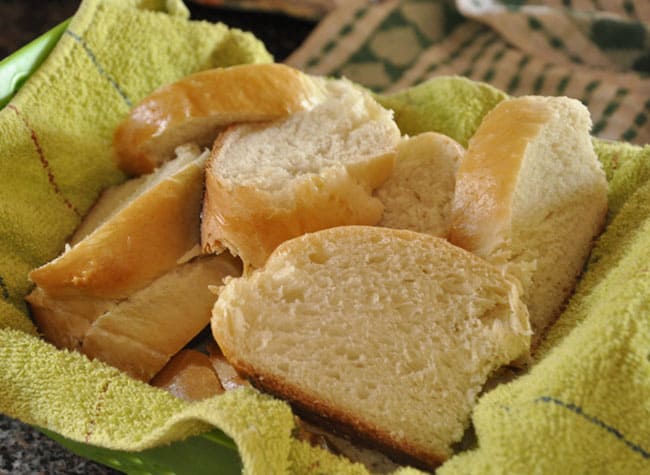Why did I spend an afternoon baking challah? To heal a sick child, of course. Why else would I do it?
A few months ago, I heard my friend Chanie’s baby daughter was sick. Chanie and I haven’t been in touch in years, far too long. I didn’t even know she had been pregnant. I just happened to see a post on my Facebook feed one morning asking for women to bake challah.
A quick lesson in Jewish custom and law
If you don’t know challah, it’s a braided egg bread used for the prayer over bread on the sabbath. You need two challahs to make the bracha, the blessing. Every shabbat, there are three meals. Six challahs in total. It’s a mitzvah — a commandment, good deed or Jewish law — to make the blessing over the challah. It is therefore, by extension, a blessing of sorts to make the challah.
Segulah segulah segulah
There’s a custom tied to a spiritual belief in Judaism that if forty women bake challah with someone in mind, it has the power to change the course of natural events. A segulah. So yes, I added my name to a combine bread baking power to cure a child.
Tradition!
Last week, I posted a talk by Kavita Ramdas, former president and CEO of the Global Fund for women, where she calls on the power of tradition to create change. This baking bread, for me, is a compelling way that I connect with my culture and religion, a religion that I have not observed in many, many years.
I’ve moved away from the Orthodox Judaism with which I grew up, because I could not accept the role that I was expected to play. It confined me in a way I didn’t want. It set up goals for me that were not my goals and did not leave room for what I wanted.
Somehow, though, baking challah that afternoon felt very right. I could do nothing to physically heal Chanie’s daughter, but I could bake. I could bake with 39 other women, some I knew, others strangers. It brought me closer to a group of women, to a custom, to my years growing up  Orthodox. It revived years of history, culture and custom right here in my sunny kitchen in Argentina where I baked loaf after loaf of fragrant bread with my daughter as I’ve baked countless times with her and my mother with me and my mother with her mother.
Orthodox. It revived years of history, culture and custom right here in my sunny kitchen in Argentina where I baked loaf after loaf of fragrant bread with my daughter as I’ve baked countless times with her and my mother with me and my mother with her mother.
The duality of everything
Sharsheret means chain in Hebrew. These same ties that connect are those that can also bind, confine and limit.
Such is the nature, I think, of being a woman. We have the power to create balance between opposing forces. We are the ones who traditionally bake the bread and feed those around us knowing once the bread is gone, we will have no tangible reminder of the good we have done. We seek change even when our actions seem pointless and disconnected.
Do I believe that my baking bread combined with the good will of thirty-nine other women would allow us to collectively cure a little girl?
Maybe. Maybe not.
I do, however, maintain a deep faith in the power of women to shape the world against what often seems insurmountable odds. I believe that women in this world have been beaten, sold into marriage and even in the best of circumstances, women find themselves boxed in and left behind.
In the face of all this, we continue to bake, feed, hold, love, communicate and support. Because of all we do, we continue to rise.

